Doing Life With… is a BellaNaija Features series that showcases how people live, work, travel, care for their families and… everything in between. We are documenting the lives of all people and ensuring everyone is well-represented at BN.
Did you miss our last conversation with Shank Comics? You can catch up here.
Today, we’re doing life with Felicia Ajibade, a Nigerian who taught herself how to speak Korean and has become one of the prominent voices for Korean culture in Nigeria today. She shares how she taught herself, documenting her experiences online and what to do if anyone wishes to learn the Korean language.
Hello Felicia. How do you say “How are you feeling today?” in Korean?
Hello. In Korean, you can say: 오늘 기분이 어때요? (o-neul gi-bun-i eo-ttae-yo?). It directly translates to “How are you feeling today?” To answer that myself, I’d say I’m doing very well, thank you.
Awesome. Tell us how you began to learn and teach Korean as a Nigerian?
People assume I started learning Korean because of movies or K-pop. But for me, it was deeper than that. I began learning at a time when life felt very heavy, and I needed something to escape into. My dream back then was to win a scholarship to study abroad, and Korea just happened to be the country that caught my attention. I honestly can’t even explain why I chose Korea specifically when I could have chosen another country, but something about it drew me in.
I didn’t get the scholarship, but while preparing for it, I discovered the language. Korean became my comfort, something that gave me structure and a reason to wake up and look forward to the day.
Teaching myself was anything but easy. Korean is completely different from English and Yoruba, the languages I grew up speaking. The sentence structure is almost the opposite of English, and pronunciation was another challenge because there are sounds we don’t use in Nigerian languages. Initially, I relied on free resources, including YouTube, and practised on my own. It often felt lonely and overwhelming, but I stayed consistent. Slowly, things started making sense. Looking back now, I’m grateful I didn’t quit, because what started as a desperate attempt to escape became a genuine passion.
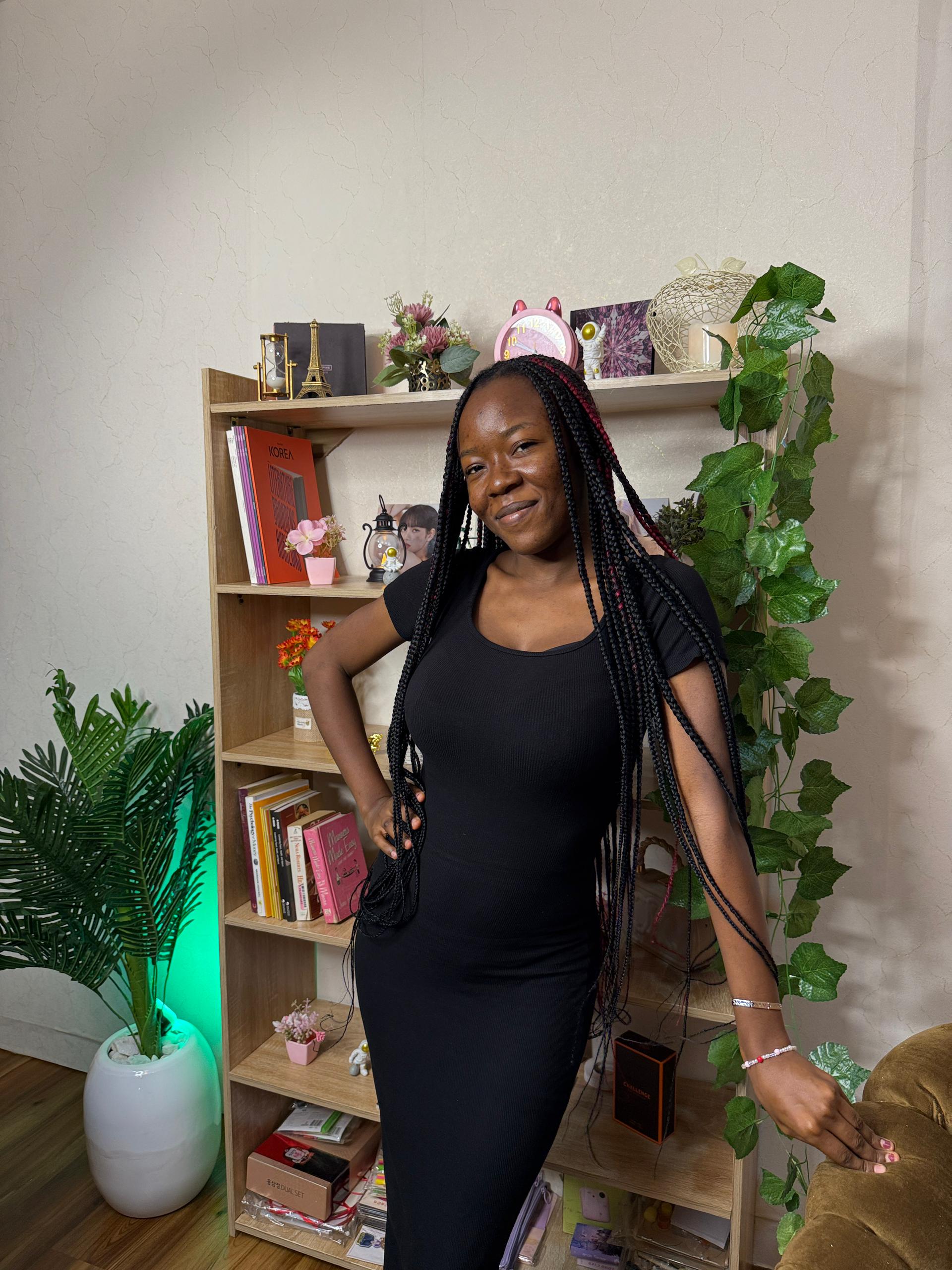
That’s really good. Could you tell us why you decided to jump on calls with Koreans, and the platforms you use to join these calls?
At some point, I realised that studying alone wasn’t enough. I could memorise grammar rules and vocabulary all day, but when it came to real conversations, I froze. That’s when I decided to start speaking directly with Koreans. I wanted to experience the natural flow of the language, learn how people actually talk outside of textbooks, and also train myself to respond quickly without having time to overthink.
I mostly use a language exchange app called HelloTalk. At first, it was nerve-wracking because you’re suddenly thrown into a conversation with a stranger who speaks the language fluently. But the more I did it, the more confident I became. It really pushed me out of my comfort zone. Later on, I decided to share some of these interactions online, not expecting anything at all, and to my surprise, I received so much love and support. That’s how a small practice routine turned into building a whole community.
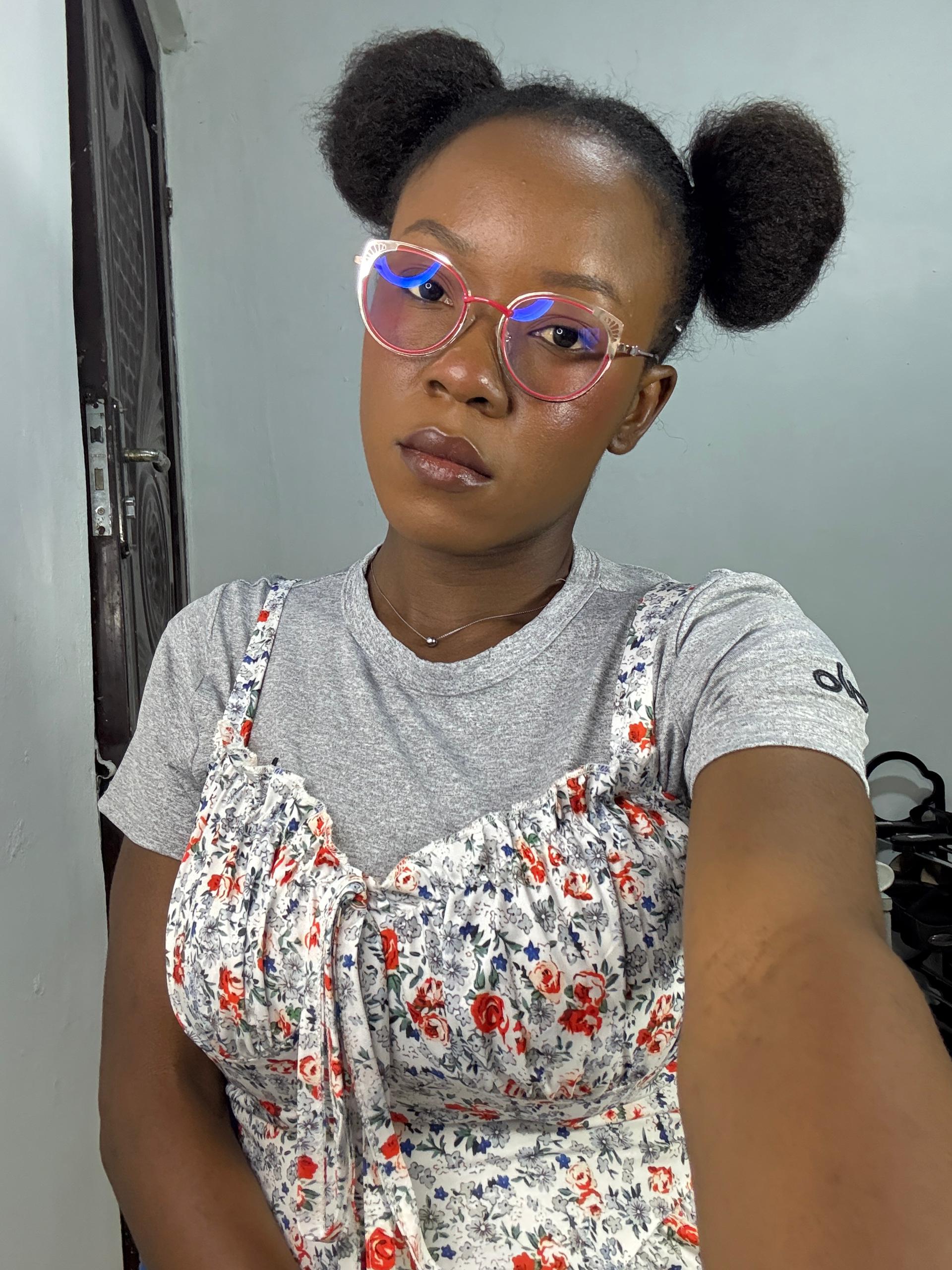
Speaking of sharing the interactions online, how do you stay positive despite the hate comments?
Unfortunately, hate comments are part of social media. In the beginning, they really did get to me. I felt misunderstood because people didn’t see the hours of work and effort I was putting into learning and creating content. But over time, I realised I couldn’t let that negativity drown out the positive.
Every day, I receive messages from people telling me things like, “Because of you, I’ve started learning Korean,” or “Your videos gave me the courage to practise speaking.” That makes all the difference. It reminds me that my journey is bigger than the few negative voices.
I genuinely enjoy making content, but it’s more than just fun for me. It’s about impact. I hope to break that barrier and show that with passion and consistency, you can achieve something that once seemed out of reach.
Please tell me about your background—education, where you grew up, what you do, and the aspect of your childhood that reflects in what you do today
I grew up in Nigeria. For education, I’m currently studying International Relations at the National Open University of Nigeria (NOUN) and also learning Chinese at the University of Lagos (UNILAG). My passion for languages and culture, however, goes back to my childhood. It has always been a core part of who I am, long before I began formal studies.
My dad was a pastor, and when I was around 8 years old, he asked me to start interpreting for him during church services. From English to Yoruba and vice versa. I was so young! At first, it felt difficult and scary, but with time, I started to enjoy it. Standing in front of a congregation, switching between languages, made me curious about the power of communication. That experience planted the first seeds of my love for languages.
I also loved mimicking accents, repeating words from movies, and imagining what it would be like to speak in a completely different tongue. That curiosity never left me, and now it’s reflected in what I do. Today, I’m a Korean teacher, content creator, and translator. Teaching allows me to share my knowledge with others, content creation lets me inspire a wide audience, and translation is how I use my skills professionally. I can confidently say that my childhood experiences shaped the path I’m walking now.
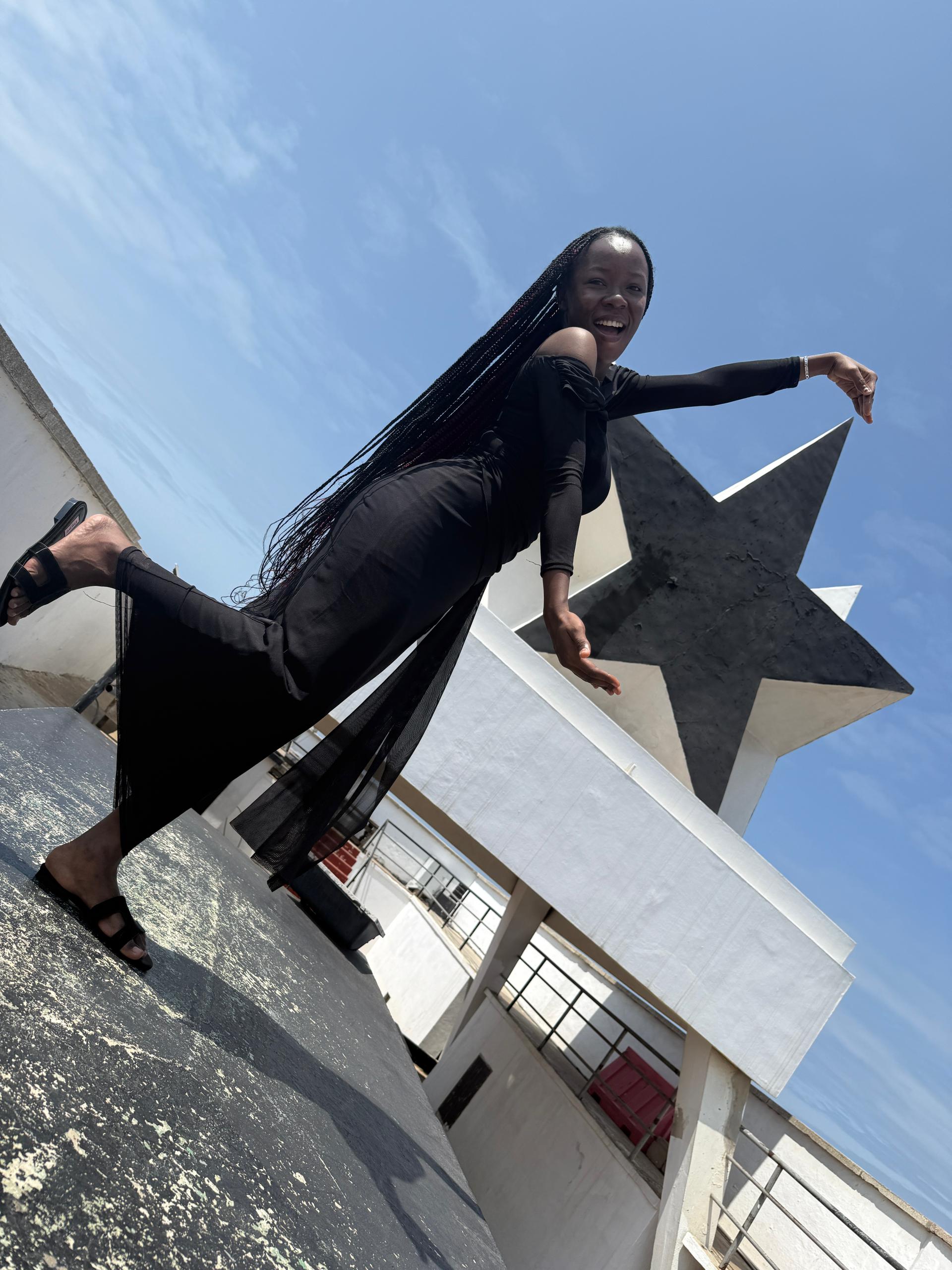
Now that you can speak Korean fluently, do you wish to do something with it in the future? A scholarship, maybe?
Korean is much more than just a hobby for me. It’s something I want to build a career and future around. I’m already teaching and doing translation work, but I want to expand beyond that. My dream is to connect Nigeria and Korea more closely. Through cultural projects, collaborations or even educational initiatives that create opportunities for others.
I want to create resources that make learning languages accessible for Africans, especially Nigerians, and also showcase our culture to the world. That way, language becomes not just a skill but a tool for building meaningful connections.
A lot of Nigerians are fascinated by the Korean language and culture. What do you think has drawn Nigerians to the culture?
It definitely began with entertainment. K-dramas, K-pop and fashion. Nigerians love storytelling, music, and creativity, so those elements were easy for them to connect with. Once people got a taste, it opened the door to exploring more about Korean food, traditions, and lifestyle.
But I also think Nigerians admire the discipline and innovation they see in Korean culture. The way Koreans approach hard work, creativity, and education inspires many of us. And interestingly, there are similarities between both cultures. For example, both Nigerians and Koreans deeply value respect for elders, family ties and community. Discovering those similarities makes Nigerians feel an even stronger connection, because the culture doesn’t feel entirely foreign.
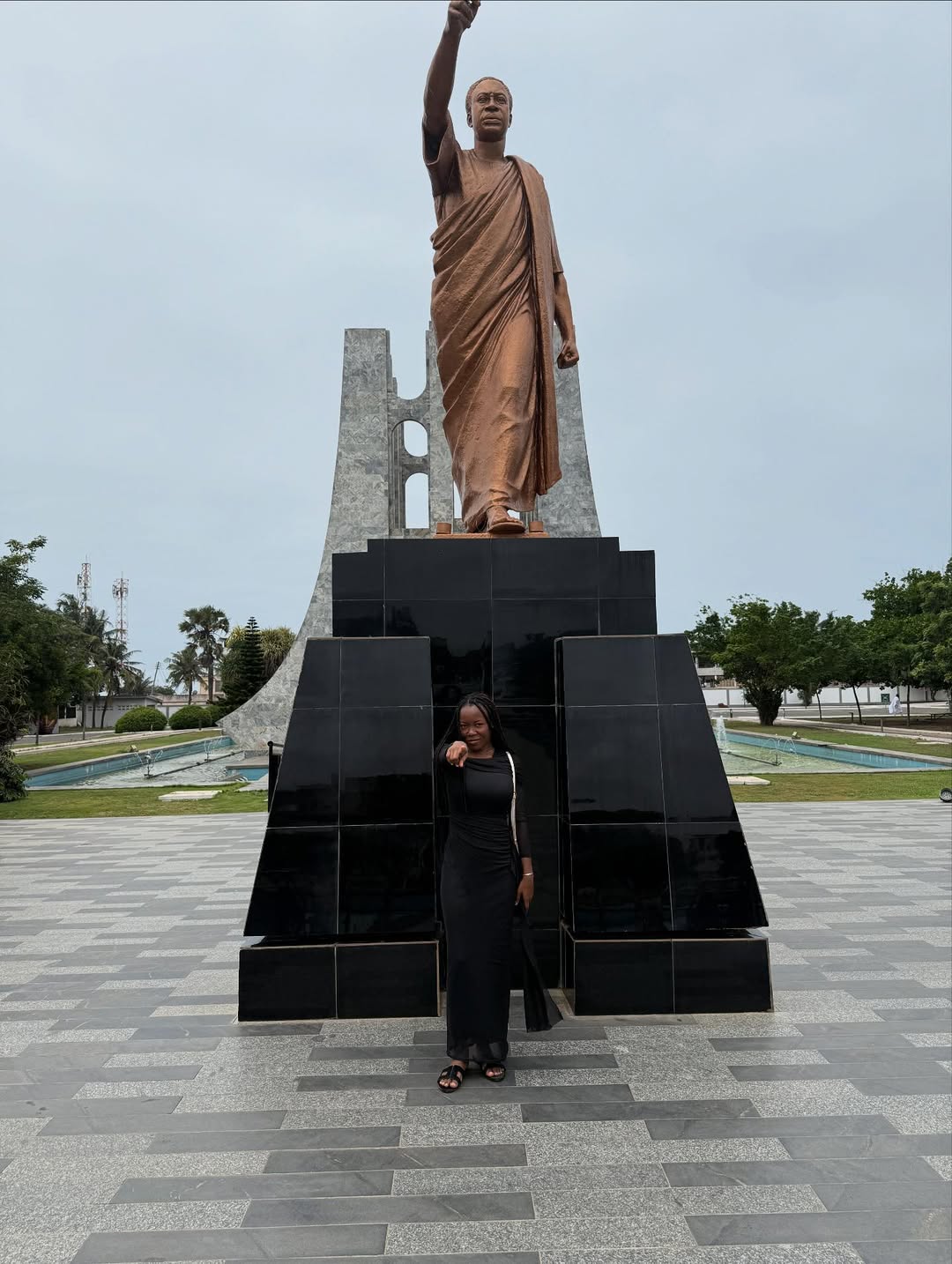
If any Nigerian intends to learn Korean, where would you direct them, or how should they start?
The best place to start is with Hangul, the Korean alphabet. Many learners want to skip that step and jump straight into memorising phrases, but without Hangul, it becomes frustrating because you can’t read properly. Once you master Hangul, the whole language starts to feel accessible.
After that, I always suggest using free resources. YouTube, apps, and even simple textbooks. But the real key is consistency. Even if you only dedicate 10 to 15 minutes daily, it makes a huge difference over time. For those who want a more structured path, I recommend taking online classes with teachers like me or joining language exchange platforms where they can practice speaking with native Koreans.
Given what you do, what’s a typical day in your life?
My days are usually very full, but I enjoy them. I often start by creating or editing content for TikTok and Instagram. Whether that’s filming, brainstorming new ideas, or engaging with my community.
After that, I usually have private lessons with my Korean students. Some days, I also join random calls with Koreans to practice my speaking and pick up content ideas. In between all that, I work on translation projects, which require a lot of focus.
Even though I’m teaching, I never stop learning myself. I dedicate time to studying, reviewing, or practising so I can keep improving. By the end of the day, I reflect on what went well, what I can do better, and plan for the next day. It’s a busy schedule, but everything revolves around languages and creativity, which is what I love most.
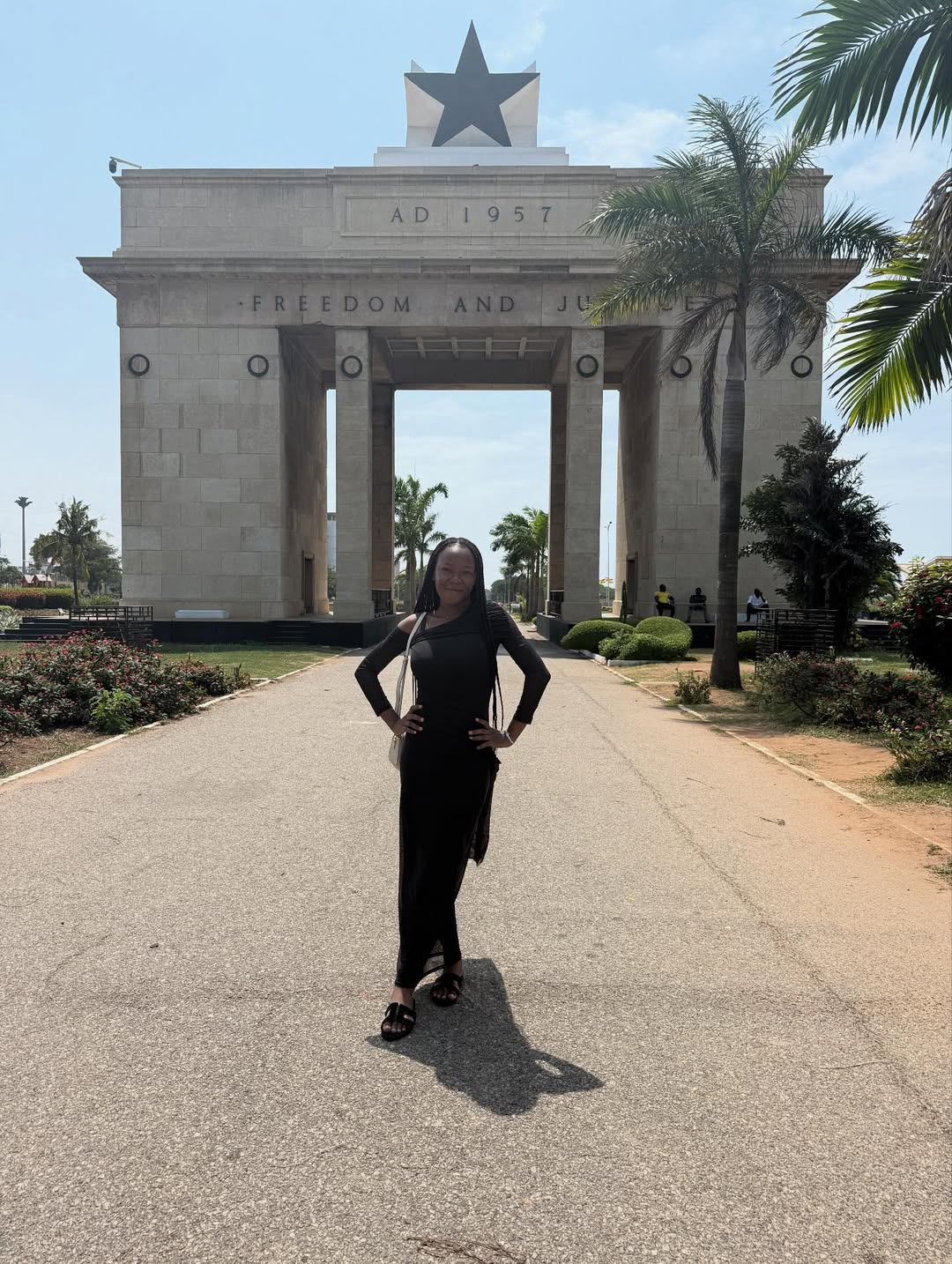
If you could remove three things from your life right now, what would they be and why?
The first would be self-doubt. Sometimes I question whether I’m good enough or progressing fast enough, and it holds me back from taking bold steps.
The second would be procrastination. It’s something I’m constantly battling because it wastes valuable time that I could use to create or learn more.
The third would be negativity from social media. While I’ve received incredible love and support, there are still negative voices that can be draining. If I could take that away, online spaces would be much more encouraging for both creators and learners.
Tell us something surprising but cool that learning the Korean language has taught you.
One of the most surprising things I’ve learned is how language can shape the way you think. In Korean, the way you speak changes depending on the age, status, or relationship you have with the person you’re addressing. It forces you to constantly think about respect and context before you speak.
This is actually very similar to my native language, Yoruba, which also has speech patterns that reflect respect for elders and hierarchy. Realising those parallels has been eye-opening. Beyond just learning Korean, it has made me more mindful in general about how I communicate with others, regardless of the language.
___
Many thanks to Felicia Ajibade for having this conversation with us and answering all our questions – and swiftly too, we must add.
Do you love this content, have any feedback for us or want to be a BellaNaija Features contributor? We’d love to read from you. Shoot us an email: [email protected]. Join us on Saturday for the next episode!




